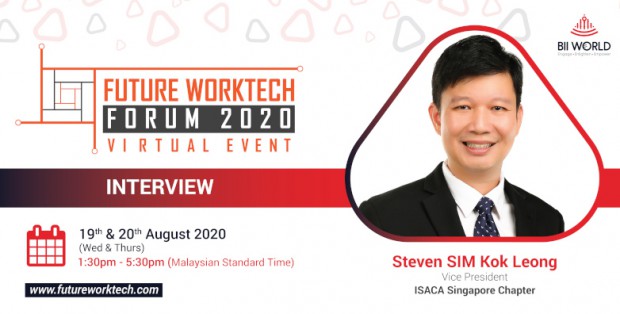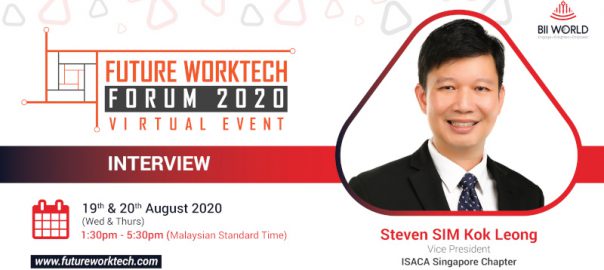With the prevailing global crisis, what is your personal opinion on how the future of work will affect your business operations?
The future of work will be fully digitised. Smart cities would be accelerated realities than visions, riding on industrial revolution 4.0. Digital transformation is accelerated with cloud adoption on the increase.
According to you, which emerging technologies will be most crucial and relevant to the dynamic changes at work?
There will be an increase in digitalisation efforts for complete paper-less systems and an acceleration in cloud collaboration platform adoption as employees go mobile. Emerging technologies in the realm of Cyber-Physical Systems such as Industrial IOT will also be most relevant to automation with remote supervision and oversight.
How do you think change management and HR policies will cater to the needs of employee welfare and engagement to effectively adapt to the future work culture?
HR would want to better engage employees and build identity and cohesiveness in a virtualized format, digitizing more work processes including the adoption of digital signatures as well as provision benefits to support secure work from home including the purchase of workstations to be based at home.
What are the main challenges in evolving into the future of work operations with respect to WFH, Remote Work and Virtual Employees formats?
Cyber security threats have increased multi-fold with WFH as the boundaries of the corporate network get extended beyond office buildings into less-protected digital homes. With the increased attack surfaces, hackers are targeting hastily established but misconfigured cloud setups, badly secured VPNs and weakly designed authentication systems as they are increasingly exposed to the Internet.
How do you suggest organizations will deal with business confidentiality, cyber threats, safety and security concerns which are crucial factors for the changing work operating models?
Adopt a risk-optimisation approach towards cyber threats. One of the foremost activities that organisations should perform is to address social engineering attacks which is the primary modus operandi for advanced persistent threats. Having the right security mindset and adequate cyber hygiene awareness inculcated into employees is an important foremost layer of defense. The acceleration into a cloud-first strategy also entails careful risk management prior to leaping into the cloud as cloud-based breaches increase alongside. A holistic risk management program needs to be in place ranging from enhancing risk identification to adapting key risk indicators.
How do you feel attendees will benefit from Future WorkTech Forum?
Attendees will gain better awareness and insights into learning about and protecting against the cyber threats of the Future Work new normal in a risk-optimisation approach, from protecting your personal privacy to securing your work collaboration platforms.


